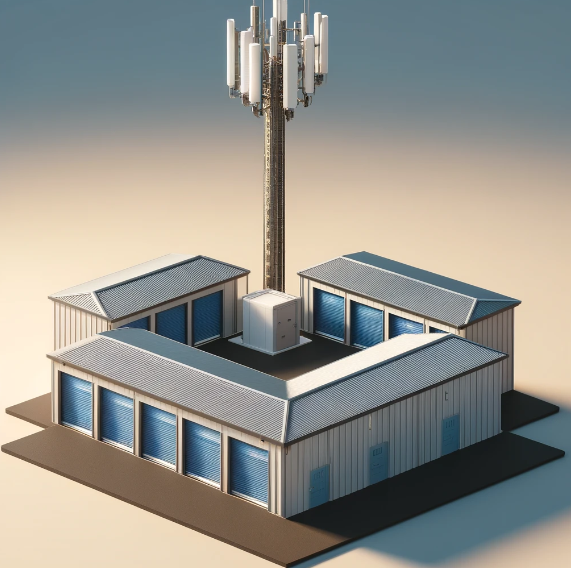Sale of T-Mobile Towers: The Impact on Leaseholders
In the 2nd quarter of 2012, T-Mobile retained TAP Advisors to sell its portfolio of wireless towers. T-Mobile is hoping to complete the sale of its towers by the end of 2012 so that it can fund the purchase of LTE equipment from Ericsson and Nokia Siemens Networks for $4 billion. Pundits have suggested that the portfolio will command between $2 billion and $3 billion. The portfolio consists of 7,200 towers that T-Mobile has retained outside of its build-to-suit agreements with American Tower and with Mobilitie. As a result, we expect that these towers aren’t as valuable as projected primarily because American Tower and Mobilitie have already purchased many of the high growth towers that would have otherwise been included in the portfolio. We suspect that T-Mobile already knows this after having tried to sell these towers back a few years ago when they put the towers out to bid and then pulled them back after failing to get offers that were acceptable. These days though, we don’t believe that T-Mobile has a choice. They need to sell these towers to remain competitive with LTE upgrades.
From our vantage point, it is unlikely that any company other than the top US tower companies, American Tower, Crown Castle, and SBA, will purchase this portfolio. While there is a possibility that TowerCo or Global Tower Partners will acquire these towers, it is unlikely. If the towers are sold to one of the big three tower companies that will be a good thing for landowners who have leases with T-Mobile underneath a T-Mobile tower. The tower companies tend to have better marketing divisions and are better at adding tenants to towers. For landowners with revenue sharing clauses in their T-Mobile ground leases that may mean additional rent income. For landowners without revenue sharing clauses, additional carriers being added to the tower still creates additional security for the tower and increases the value of the tower to the tower company. Note that building owners with rooftop leases with T-Mobile won’t be impacted.
Another positive aspect of the sale of these towers is that the tower companies tend to want to purchase the underlying ground lease whereas T-Mobile doesn’t. Thus, once the towers are sold, the landowner will have a new suitor to buy the lease at rates higher than it could have before the towers were sold. Furthermore, each of the big three tower companies will agree to extend the ground lease, oftentimes paying an increase rent going forward in exchange for the lease extension. If you are considering selling your T-Mobile tower ground lease, we strongly recommend holding off on doing so. There will be better and likely more lucrative options after the sale as compared to before the sale of the towers.
Once the towers are sold, you will likely receive an estoppel from the tower company. An estoppel is a document that is supposed to simply confirm that the terms of the lease are accurate, that the tenant is paying the correct amount of rent, and that you agree to the assignment of the lease. However, in the past, the tower companies have used the estoppel to change the terms of the lease where the estoppel acted as an amendment. You may have an obligation under your lease to sign the estoppel, but you don’t have any obligation to sign one that changes material terms in your lease agreement.
If you have any questions about how the sale of the T-Mobile tower portfolio will impact you, please don’t hesitate to contact us.











